Introduction
In recent years, the educational landscape has witnessed a notable shift with the rise of temporary classrooms. These innovative spaces are not just a stopgap measure; they represent a flexible and adaptive approach to learning environments that can cater to the diverse needs of students and educators alike. As schools grapple with increasing enrollment and limited physical space, temporary classrooms have emerged as a practical solution to address these pressing challenges.
The Rise of Temporary Classrooms
The surge in temporary classrooms can be attributed to several factors, including the urgent need for additional space in schools across various regions. With rapid population growth and changing demographics, traditional classroom settings often fall short of accommodating all students effectively. PreFab Inc. is at the forefront of this movement, offering creative designs that transform how we view educational infrastructure by making learning more accessible than ever.
Flexibility in Learning Environments
Temporary classrooms provide unparalleled flexibility in learning environments, allowing educators to adapt their teaching methods to suit different subjects and student needs. These versatile spaces can be easily configured for collaborative projects or individual study sessions, fostering an atmosphere where creativity thrives. By incorporating temporary classrooms into their facilities, schools can respond swiftly to changing educational demands without being tied down by permanent structures.
Addressing Space Shortages
As urbanization continues to rise, many school districts face significant space shortages that hinder their ability to deliver quality education. Temporary classrooms offer an efficient solution by providing additional room without the lengthy construction timelines associated with traditional buildings. By utilizing these modular options from PreFab Inc., schools can quickly alleviate overcrowding while ensuring that every student has access to a conducive learning environment.
Innovative Solutions for Modern Education
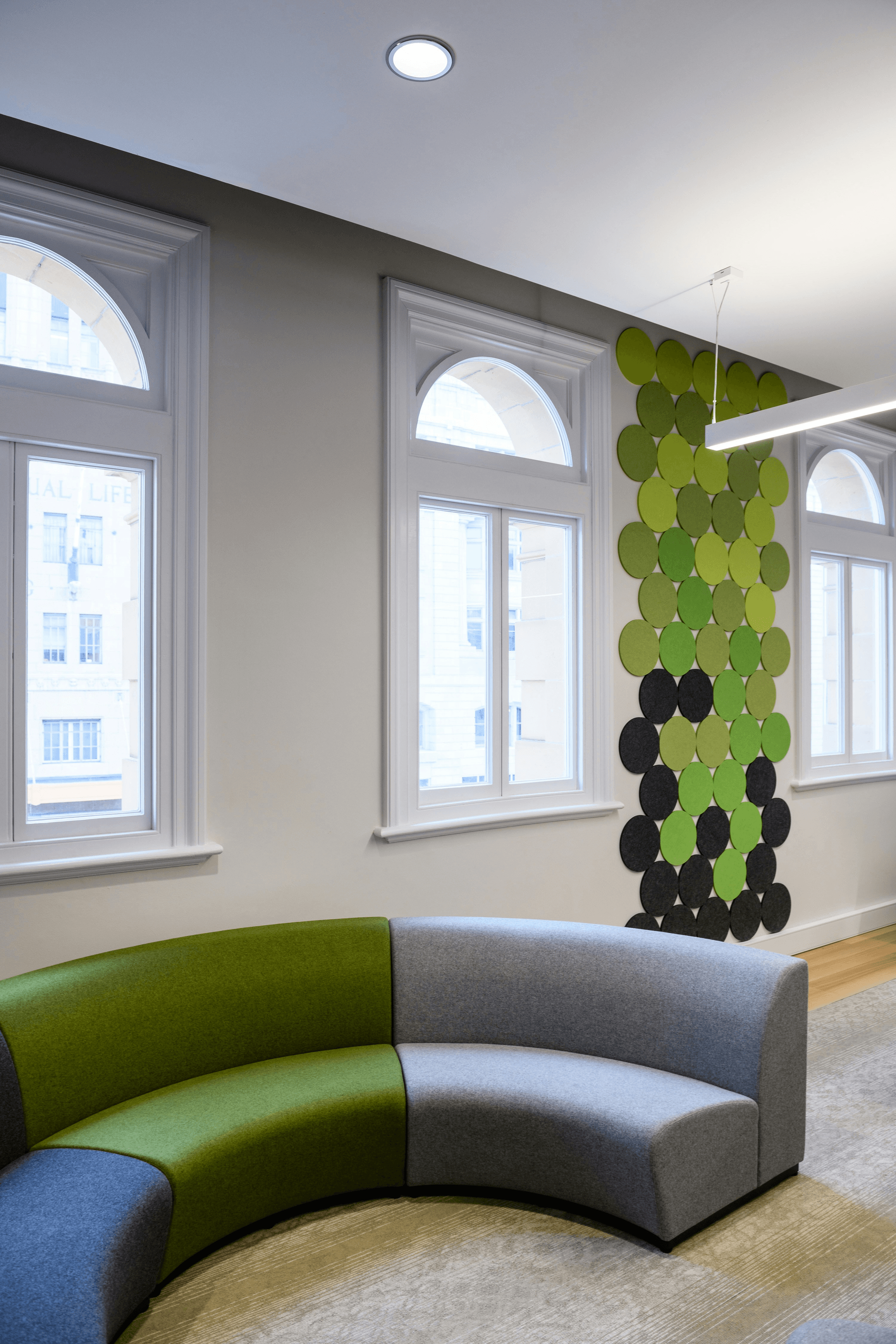
In the ever-evolving landscape of education, the emergence of temporary classrooms has sparked a revolution in how we think about learning environments. As schools face increasing pressures to adapt to changing needs and circumstances, innovative solutions are becoming essential. With flexibility at the forefront, these temporary classrooms provide an array of options that cater to diverse educational requirements.
Adaptive Learning Spaces
The concept of adaptive learning spaces is all about creating environments that can shift and change according to the needs of students and educators alike. Temporary classrooms allow for this kind of versatility, enabling schools to reconfigure their layouts based on class sizes or teaching methods. Imagine a classroom that can morph from a traditional setup into collaborative zones or even quiet study areas—this is the future PreFab Inc. envisions with our innovative designs.
Moreover, adaptive learning spaces enhance engagement by promoting interactive and personalized educational experiences. When students are allowed to learn in environments tailored to their individual styles, they tend to thrive academically and socially. Temporary classrooms equipped with movable furniture and adjustable technology ensure that every student finds their niche.
Combining Technology and Temporality
In today's digital age, combining technology with temporary classrooms is not just beneficial; it's essential for modern education. Schools can integrate cutting-edge tools like smart boards, tablets, and virtual reality setups within these flexible spaces without breaking the bank or committing to permanent structures. This fusion allows educators at PreFab Inc.’s temporary classrooms to create immersive learning experiences that capture students' imaginations.
Furthermore, technology-infused temporary classrooms enable seamless transitions between in-person and remote learning models—a necessity in our current climate. With reliable internet access and tech-friendly designs, these spaces support hybrid education approaches while ensuring continuity in student engagement. The result? A dynamic educational atmosphere where innovation meets adaptability.
Benefits of Modular Designs
Modular designs offer a host of benefits when it comes to temporary classrooms—think Lego blocks for education! These structures are not only quick to assemble but also easily scalable depending on enrollment fluctuations or specific program needs within schools. PreFab Inc.'s modular solutions provide an efficient way for districts to respond swiftly without compromising quality or functionality.
Moreover, modular designs promote sustainability by minimizing waste during construction processes compared to traditional building methods. These eco-conscious choices align perfectly with modern educational values while addressing pressing space shortages effectively through temporary classrooms built for longevity rather than obsolescence. In essence, modularity ensures that every dollar spent contributes positively toward enhancing learning experiences across communities.
Cost-Effectiveness of Temporary Classrooms
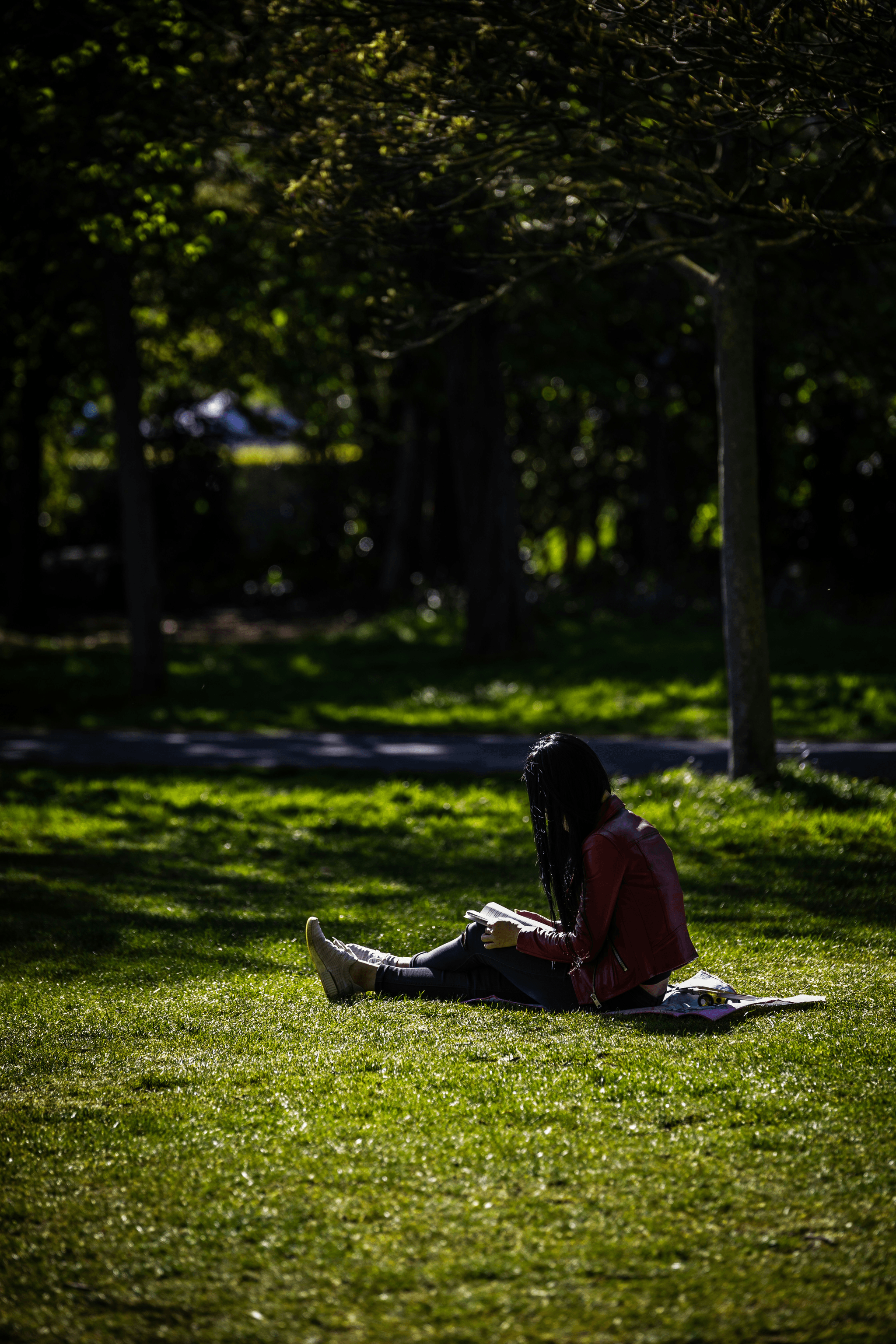
When it comes to educational infrastructure, the cost is always a hot topic. Temporary classrooms offer budget-friendly alternatives that can make a significant difference in how schools allocate their funds. With the rising costs of traditional construction and maintenance, these innovative spaces are not just a trend; they’re a smart financial choice for educational institutions.
Budget-Friendly Alternatives
Temporary classrooms serve as an excellent solution for schools facing tight budgets. Instead of investing in permanent structures that require extensive funding and time, schools can opt for temporary classrooms that are both affordable and quick to deploy. PreFab Inc. specializes in providing these economical options, ensuring that educators can focus on teaching rather than worrying about financing complex building projects.
These budget-friendly alternatives allow schools to redirect funds toward essential resources such as technology and educational materials rather than getting bogged down by construction costs. Moreover, the flexibility of temporary classrooms means they can be relocated or repurposed as needed, providing ongoing value without the hefty price tag associated with traditional buildings. This adaptability not only saves money but also meets immediate needs without sacrificing quality.
Reducing Overhead Costs
One of the most compelling advantages of temporary classrooms is their ability to significantly reduce overhead costs for educational institutions. Traditional school buildings come with high maintenance expenses—think utilities, repairs, and staffing—while temporary classrooms offer a streamlined alternative that minimizes these financial burdens. By utilizing modular designs from PreFab Inc., schools can enjoy lower utility bills and reduced upkeep demands.
Additionally, the speed at which temporary classrooms can be set up means less downtime for students and teachers alike. Schools can quickly adapt to changing enrollment numbers or emergencies without incurring excessive costs associated with long-term construction projects. This efficiency ultimately leads to better allocation of resources within school budgets.
Long-Term Financial Benefits
Investing in temporary classrooms doesn't just yield short-term savings; it also offers long-term financial benefits that shouldn't be overlooked. As education continues to evolve, having flexible learning environments allows institutions to adapt quickly without incurring substantial additional costs down the line. Schools using PreFab Inc.'s solutions can find themselves well-positioned financially as they navigate future changes in student populations or curriculum needs.
Moreover, since temporary classrooms are often designed with sustainability in mind, they contribute positively to both the environment and school budgets over time by reducing waste and energy consumption. In essence, while initial investments may seem modest compared to permanent structures, the long-term savings from reduced operational costs make them an intelligent choice for forward-thinking educational leaders.
Meeting Demands for Social Distancing
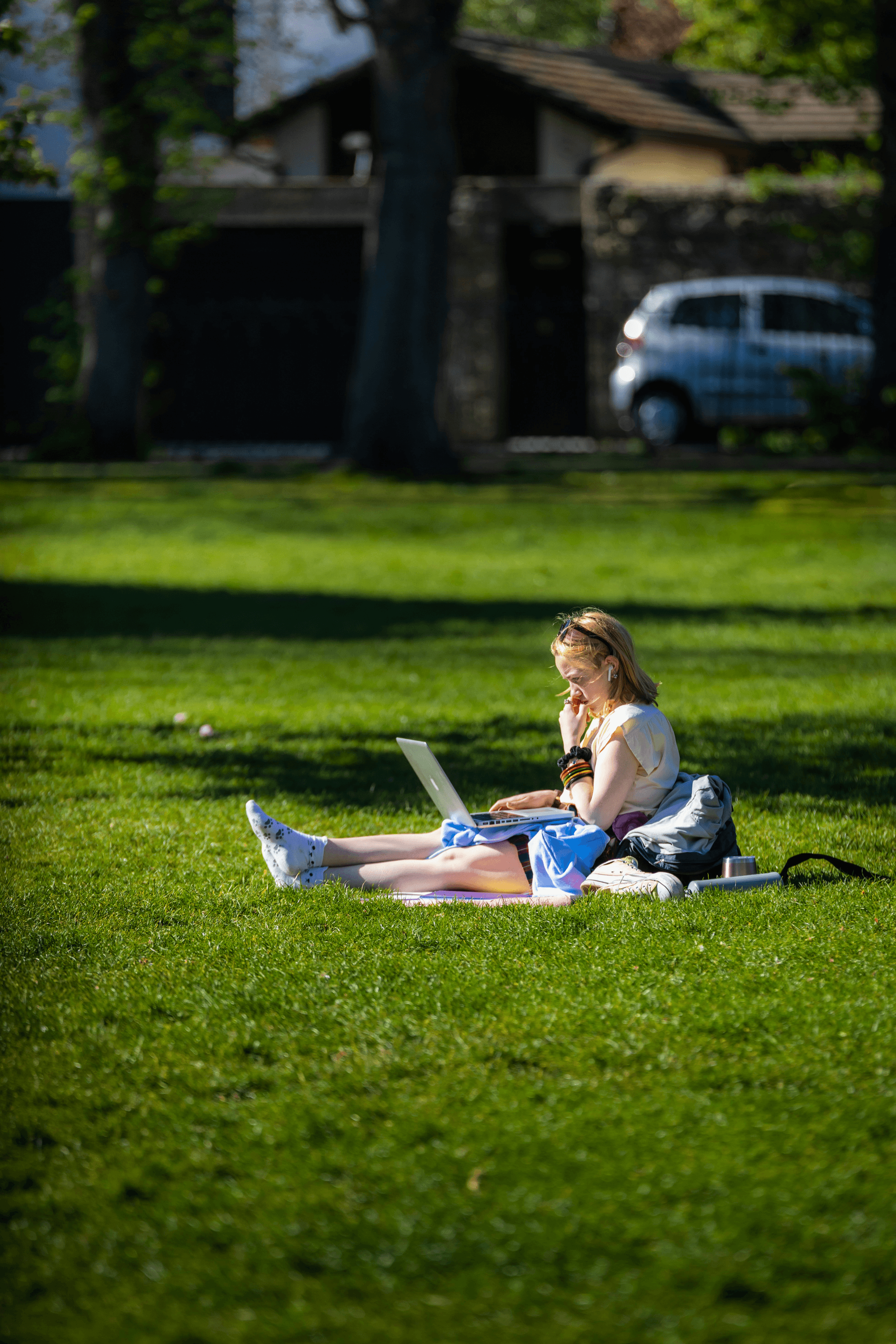
In the wake of recent global health concerns, educational institutions have had to rethink their approach to classroom settings. Temporary classrooms have emerged as a critical solution, allowing schools to maintain safe learning environments while adhering to social distancing guidelines. By reimagining how and where students learn, we can create spaces that prioritize health without sacrificing educational quality.
Safe Learning Amidst Health Concerns
The safety of students and staff is paramount in today's educational landscape. Temporary classrooms provide an effective way to spread out student populations, ensuring that everyone can maintain a safe distance from one another. With flexible configurations, these classrooms can be adapted quickly in response to changing health guidelines, making them an invaluable asset for schools navigating uncertain times.
Outdoor and Open-Air Designs
One of the most innovative uses of temporary classrooms has been their transformation into outdoor or open-air learning spaces. This design not only promotes social distancing but also allows students to enjoy fresh air and natural light—two essential components for enhancing focus and engagement. Schools like those partnering with PreFab Inc. are leading the charge by integrating these outdoor classrooms into their curriculum, creating vibrant environments conducive to learning while keeping health concerns at bay.
Enhancing Student Well-Being
Social distancing isn't just about keeping physical space; it’s also about fostering emotional well-being among students during challenging times. Temporary classrooms designed with comfort and accessibility in mind can significantly enhance student morale and reduce anxiety levels associated with traditional indoor settings. By prioritizing mental health through thoughtful design—such as incorporating greenery or cozy seating arrangements—schools can create a nurturing atmosphere where students feel safe, supported, and ready to learn.
Sustainable Practices in Education
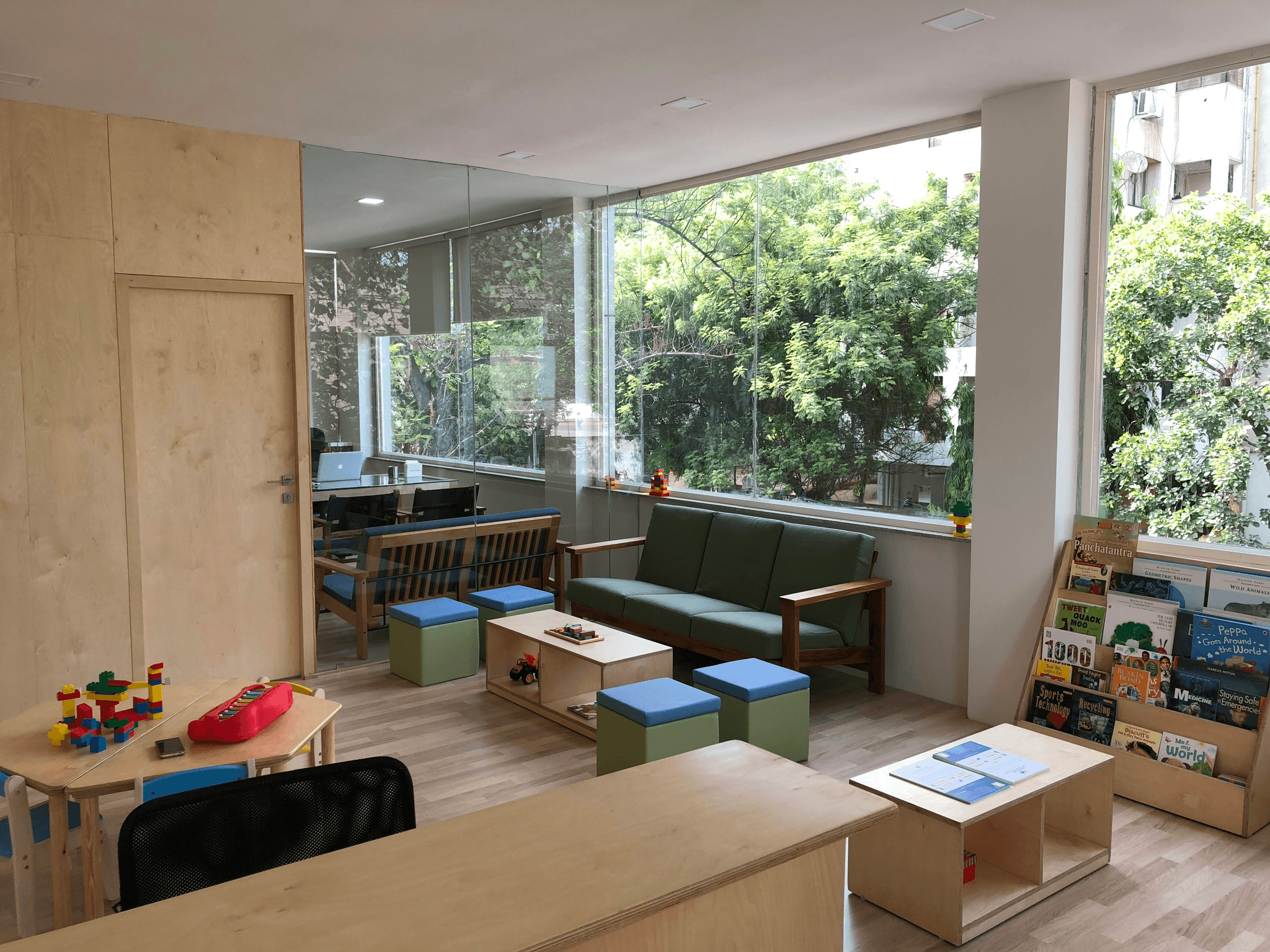
In today’s educational landscape, sustainability is not just a buzzword; it’s a necessity. Temporary classrooms offer an innovative solution that aligns with eco-friendly principles while addressing space shortages in schools. By incorporating sustainable practices into the design and construction of these classrooms, institutions can enhance their commitment to environmental stewardship.
Eco-Friendly Materials and Designs
One of the standout features of temporary classrooms is their ability to utilize eco-friendly materials and designs that minimize environmental impact. Manufacturers like PreFab Inc. are leading the charge by sourcing sustainable building materials such as recycled steel, bamboo, and low-VOC paints. These choices not only reduce the carbon footprint but also create healthier indoor environments for students and teachers alike.
Moreover, the designs often emphasize energy efficiency through features like natural lighting and advanced insulation techniques. This reduces reliance on artificial lighting and heating systems, further contributing to lower energy consumption overall. The result? A win-win scenario where educational needs are met without compromising our planet’s health.
Reducing Waste with Temporary Classrooms
Temporary classrooms inherently promote waste reduction through their modular nature, allowing for easy disassembly and relocation when needed. Instead of traditional construction methods that generate significant waste, these structures can be repurposed or recycled at the end of their lifecycle—making them an environmentally responsible choice for schools facing fluctuating enrollment numbers or spatial constraints.
Additionally, the use of prefabricated components minimizes on-site waste during construction since many elements are pre-cut and assembled off-site before being transported to their final location. Schools can significantly lessen landfill contributions while still providing high-quality learning environments through this approach to temporary classrooms.
Supporting Green Initiatives in Schools
Integrating temporary classrooms into school infrastructure supports broader green initiatives that many educational institutions aim to achieve today. With increasing awareness around climate change and sustainability, schools can showcase their commitment by adopting these innovative solutions from companies like PreFab Inc., which prioritize eco-conscious practices in every project.
Furthermore, implementing temporary classrooms allows schools to engage students in discussions about sustainability directly within their learning environment—turning classrooms into living examples of green practices in action! This hands-on experience fosters a culture of environmental responsibility among students who will carry these values into adulthood.
Success Stories from Around the Globe
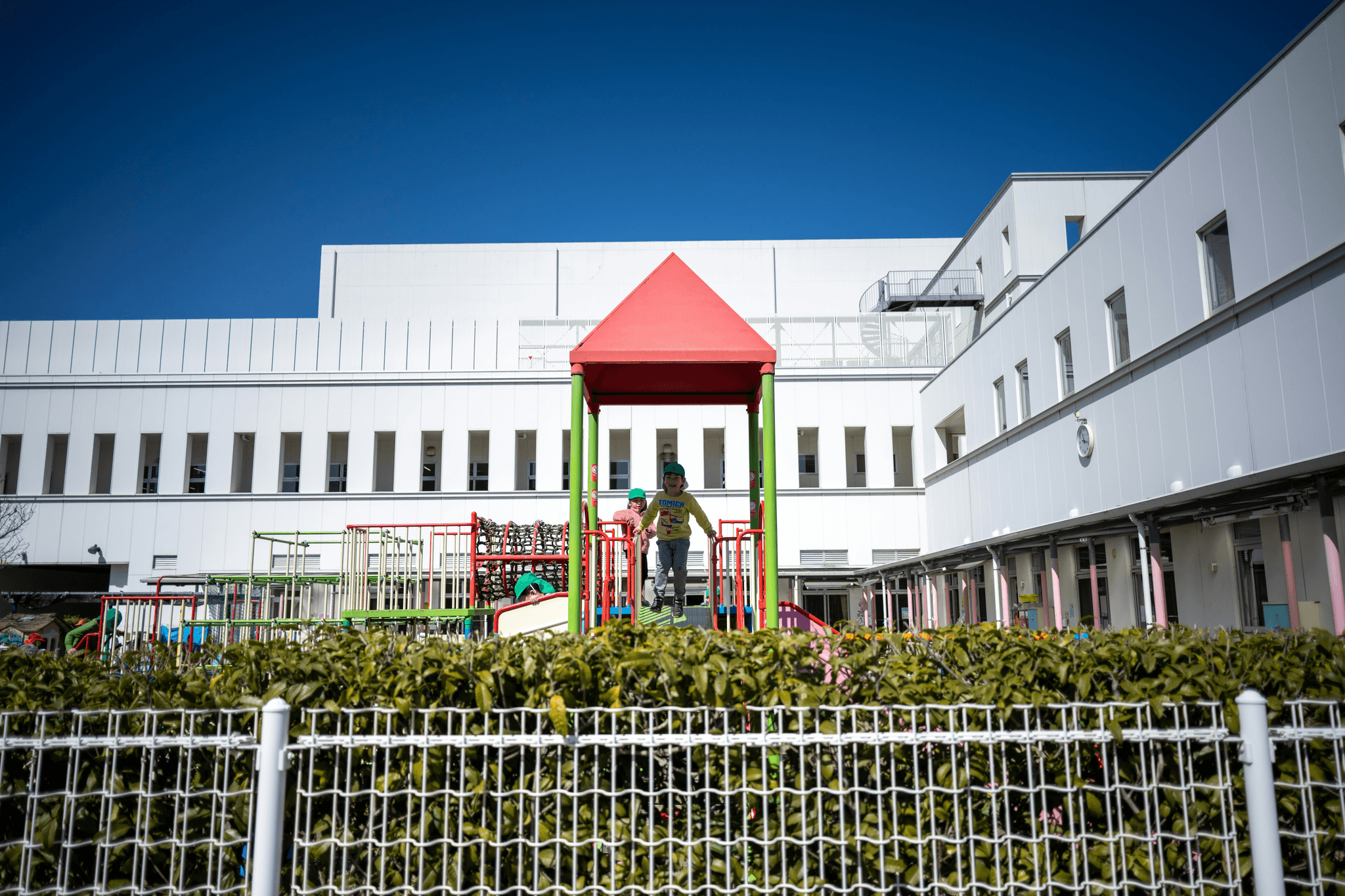
Temporary classrooms have emerged as a creative solution to educational challenges worldwide, showcasing how flexibility can enhance learning experiences. From California to Texas, schools are rethinking their infrastructure to adapt to changing needs while maintaining quality education. These success stories highlight the innovative spirit of educators and administrators who embrace temporary classrooms as a viable option for modern learning environments.
Inspiring Examples from California Schools
In California, temporary classrooms have taken on a life of their own, transforming the way education is delivered in crowded districts. One standout example is a school in Los Angeles that utilized temporary classrooms to alleviate overcrowding while maintaining an engaging curriculum. With vibrant colors and flexible layouts, these spaces not only accommodate more students but also inspire creativity and collaboration among learners.
Moreover, California schools have integrated technology into their temporary classrooms, ensuring students have access to digital resources that enhance their learning experience. By combining adaptive furniture with smart tech solutions, educators create dynamic environments where students can thrive academically and socially. PreFab Inc.'s modular designs have played a pivotal role in this transformation by providing customizable options tailored to specific educational needs.
Innovative Uses in New York
New York City has embraced temporary classrooms with open arms, particularly during the pandemic when social distancing was paramount. Schools across the city quickly adapted outdoor spaces into makeshift classrooms equipped with essential teaching tools and resources. This innovative approach not only allowed for safe learning but also fostered a sense of community as students engaged with their surroundings in new ways.
Additionally, New York's commitment to sustainability has influenced how temporary classrooms are designed and utilized. Many schools have opted for eco-friendly materials that align with green initiatives while offering functional spaces for diverse learning styles. PreFab Inc.'s contribution has been significant here; their designs support both educational innovation and environmental responsibility.
Impactful Deployments in Texas
Texas schools have also recognized the potential of temporary classrooms as they face rapid population growth and space shortages. In districts like Houston, administrators deployed these adaptable structures swiftly to accommodate an influx of students without compromising educational quality. The result? Vibrant learning environments that prioritize student well-being amidst logistical challenges.
In addition to addressing immediate needs, Texas educators are leveraging temporary classrooms as testing grounds for new teaching methodologies and curricular innovations. By experimenting with different layouts and technologies within these flexible spaces, teachers can gather valuable insights into what works best for their students' unique needs. PreFab Inc.’s commitment to providing versatile solutions ensures that Texas schools remain at the forefront of educational development.
Conclusion
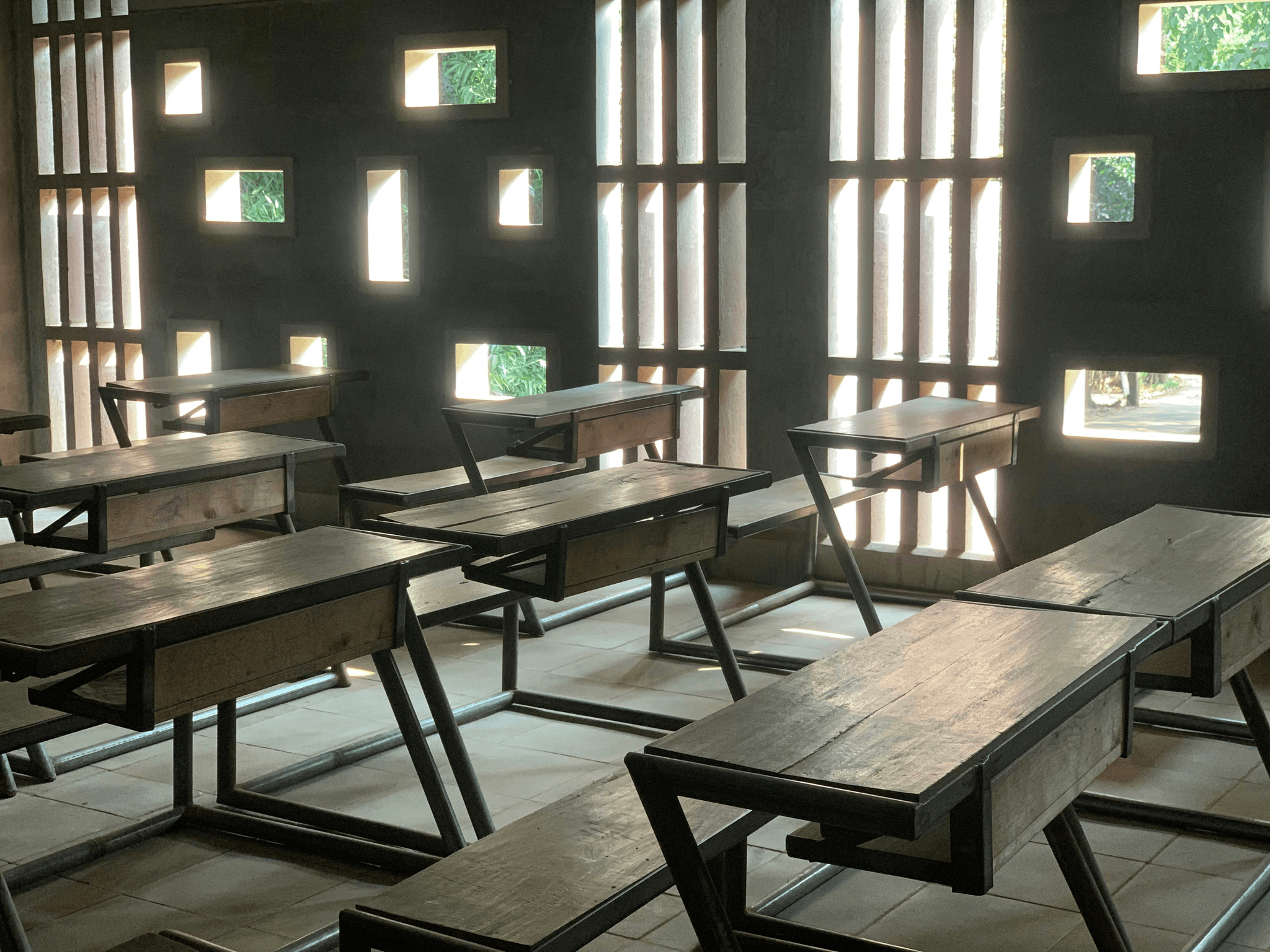
In conclusion, temporary classrooms have proven to be a game-changer in modern education, offering not just flexibility but also innovative solutions to age-old challenges. With the ability to adapt quickly to changing needs, these classrooms enhance learning experiences by creating dynamic environments that foster engagement and creativity among students. As schools continue to navigate space shortages and evolving educational demands, the role of temporary classrooms becomes increasingly vital.
Temporary Classrooms Enhance Learning Experiences
Temporary classrooms are designed with a focus on adaptability and functionality, allowing educators to tailor their teaching methods more effectively. These spaces create opportunities for interactive learning experiences that traditional classrooms often lack. By incorporating various layouts and technologies, temporary classrooms can cater to different learning styles and encourage collaboration among students.
The Future of Educational Infrastructure
Looking ahead, the future of educational infrastructure is likely to embrace the versatility offered by temporary classrooms even more profoundly. As schools strive for sustainability and efficiency, these structures will play a crucial role in meeting diverse educational needs while minimizing costs. The integration of technology into these spaces will further transform how we approach teaching and learning in an ever-evolving world.
PreFab Inc.'s Role in Educational Innovation
PreFab Inc. stands at the forefront of this revolution in educational infrastructure by providing cutting-edge designs for temporary classrooms that combine functionality with eco-friendliness. Our commitment to innovation ensures that schools receive high-quality solutions tailored specifically for their unique challenges. By championing sustainable practices and modular designs, PreFab Inc. is paving the way for a brighter future in education.

